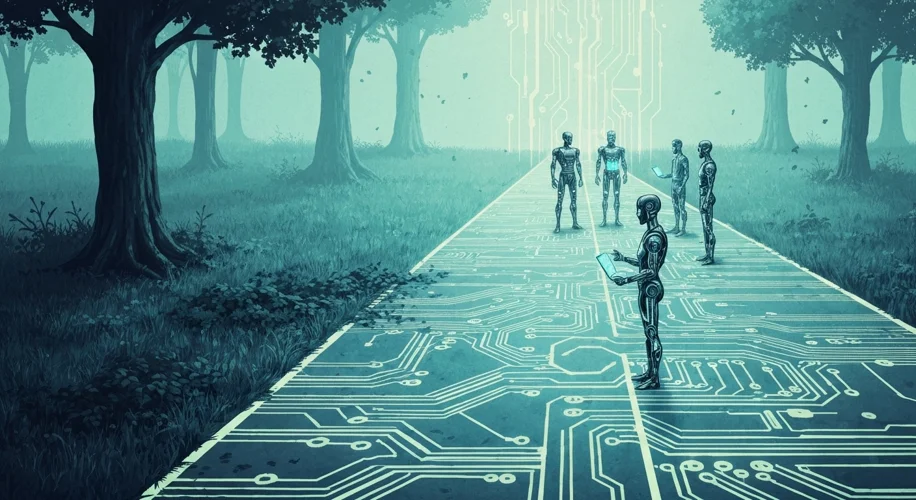It’s August 2025, and the whispers about Artificial Intelligence are growing louder. As someone who’s spent decades in the software trenches, I’ve seen trends come and go. But AI feels different. It’s prompting a question many of us in the industry are asking: will AI eventually devastate the software industry as we know it?
The simple answer is: it’s complicated. Devastate might be too strong a word, but significant disruption? Absolutely.
Think about software development itself. AI is already making inroads. Tools like GitHub Copilot, for instance, can suggest code snippets, autofill functions, and even help debug. For developers, this means faster coding. Instead of writing every line, they can focus on higher-level design, architecture, and problem-solving. This isn’t necessarily a bad thing; it’s an augmentation of skills.
However, it does raise questions about the future of entry-level developer roles. If AI can handle the more routine coding tasks, what does that leave for those just starting out? We might see a shift where junior developers need to develop skills in AI interaction, prompt engineering, and advanced debugging even earlier in their careers. The focus may move from pure coding to understanding how to effectively leverage AI tools.
Then there’s the revenue model. For years, software revenue has been driven by licenses, subscriptions, and services. As AI becomes more integrated, we might see new models emerge. Perhaps AI-driven insights or personalized software experiences become premium features. Companies that can effectively integrate AI into their offerings to provide tangible benefits – like increased efficiency or novel solutions – will likely thrive. Those who don’t adapt could find their existing models challenged.
From my perspective, the fear of AI ‘devastating’ the industry often stems from a misunderstanding of its role. AI isn’t necessarily here to replace humans entirely, but rather to change how we work. Consider the history of technology: the spreadsheet didn’t devastate accounting; it transformed it. Calculators didn’t eliminate mathematicians; they allowed them to tackle more complex problems. AI is likely to follow a similar path for software.
The key question for software professionals isn’t if AI will impact their jobs, but how they will adapt. This means continuous learning, understanding AI capabilities, and embracing new workflows. The industry will likely see a bifurcation: those who skillfully integrate AI into their work and those who resist. The latter group is more likely to face significant challenges.
So, is the software industry facing devastation? I believe it’s facing a profound evolution. The core need for software – to solve problems and create value – remains. AI will undoubtedly change the tools, the processes, and perhaps even some of the job titles. But for those willing to learn and adapt, it presents an opportunity to build more innovative, efficient, and powerful software than ever before.

